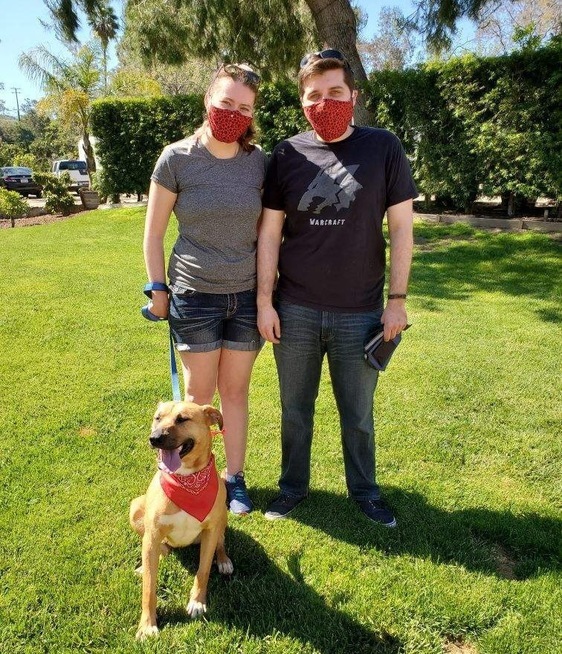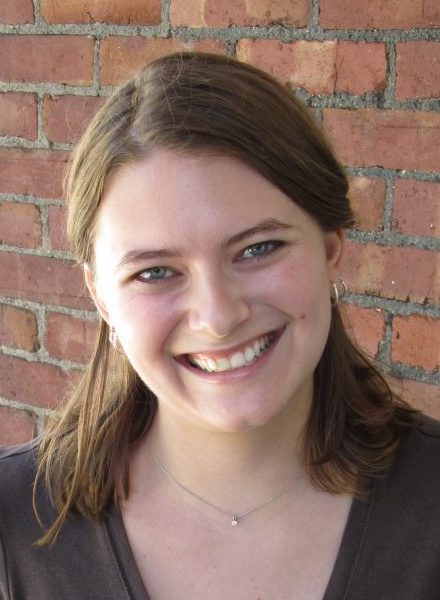REBECCA LESHAY
CAPSTONE
Capstone Committee: Jordan Dix, M.S., CGC; Kelly East, M.S., CGC; Sat Gupta, Ph.D.; Kristy Lee, M.S., CGC; Randi Stewart, M.S., CGC
Introduction: Previous studies have investigated possible reasons for the lack of gender and ethnic diversity in the genetic counseling profession; however, little has been published about the best timing to implement recruitment efforts. The present study sought to evaluate the efficacy of an educational intervention on undergraduates’ interest in and knowledge of genetic counseling, and compare these results to those in high school students who received the same intervention.
Methods: An educational intervention consisting of a PowerPoint presentation and activity was delivered to undergraduate students who completed pre- and post-surveys to assess changes in knowledge of and interest in genetic counseling. Pre- and post-survey responses were analyzed with Wilcoxon Signed-Rank and Wilcoxon Sum Rank tests. Responses from the present study were compared to responses from high school students with independent t-tests and Chi-square analysis. Thematic analysis was performed on open-ended questions.
Results: Responses from 72 participants were analyzed. Knowledge and interest increased following the intervention in almost all college students (p<0.001), with no statistically significant differences found between ethnicities or gender. Compared to college students, high school students self-reported a higher interest in genetic counseling on the post-survey. Interest in the profession most commonly resulted from a prior interest in science or medicine (13.9%). A lack of interest resulted from other strengths or interests (9.7%).
Discussion: This educational intervention was an effective recruitment tool to increase knowledge and interest in genetic counseling among high school students, demonstrated previously, and undergraduate students in this study. High school may be a better time to introduce genetic counseling and target recruitment efforts. Targeting recruitment efforts toward students with an existing interest in science or a medical profession may also be fruitful.
Since Graduation

Rebecca LeShay’s first job after graduation was in Connecticut, working as a cancer genetic counselor for Smilow Cancer Hospital at Yale New Haven. After a year and a half, she returned back to sunny California to join the University of California at Irvine as a prenatal genetic counselor and faculty member for the genetic counseling training program. Rebecca recently joined the UCLA genetic counseling training program as a faculty member and their Assistant Program Director. Working with students is her favorite part of her job!
She also volunteers on several committees, and has worked within NSGC on cultural outreach, scholarship application review, NSGConnect member engagement, and development and publication of the PSS questionnaire and reports. She also recently joined the Southern California Genetic Counselors’ Board as their Education Chair.
On a personal note, Rebecca and her fiancé, Nick, are about to celebrate the 1 year anniversary of their “gotcha day” for their adopted dog in a few weeks.
